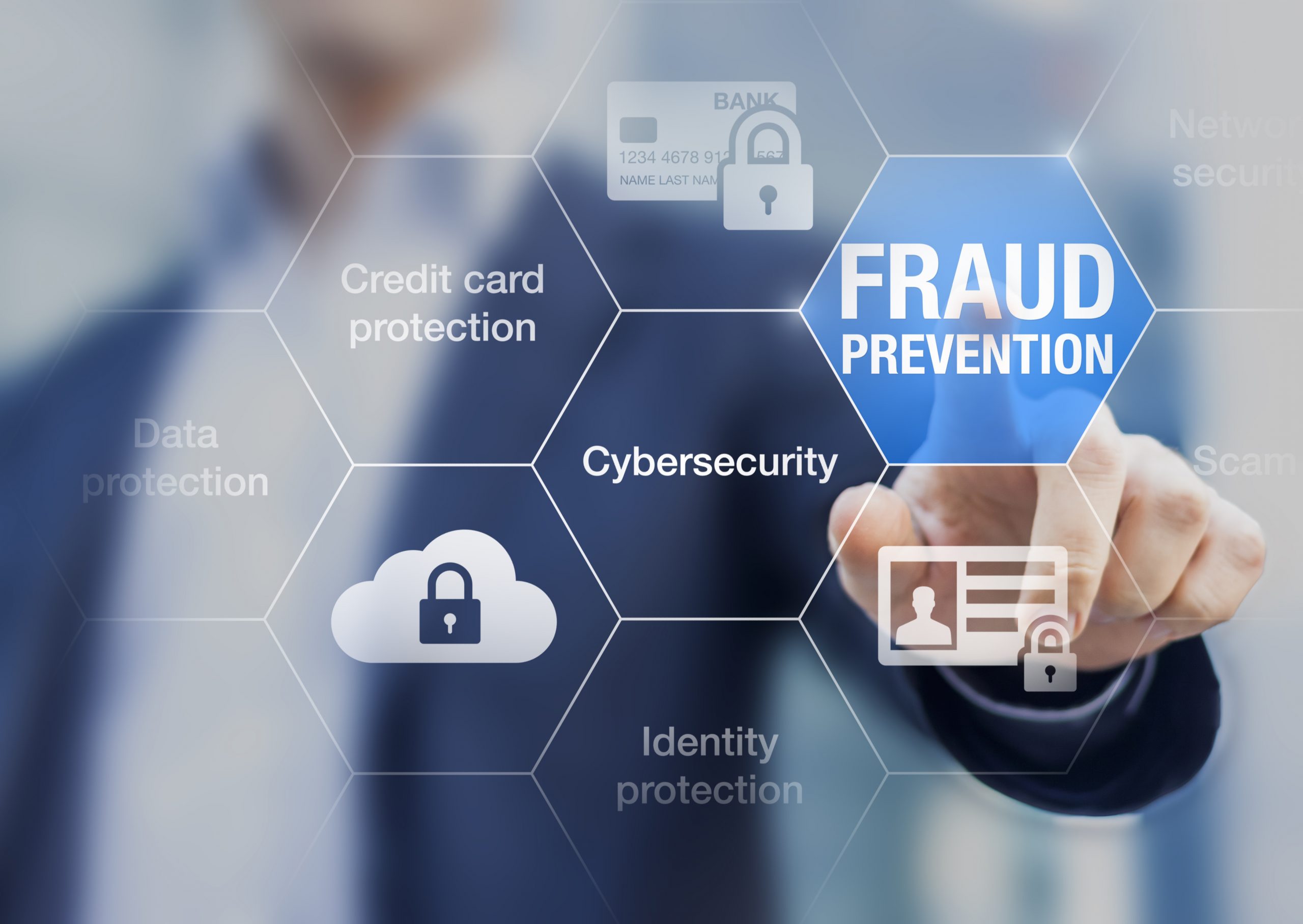The Role Of Blockchain In Mobile Payment Security
Blockchain provides a transformative framework for addressing these challenges. By integrating decentralized systems, companies like App Developer New York are helping businesses create safer digital payment experiences.
Role Of Blockchain
Payment security
The rise of mobile wallets and digital transfers has exposed users to growing risks. Traditional systems rely on centralized servers, which are vulnerable to single-point attacks. Blockchain reduces these threats by distributing data across multiple nodes. This structure makes it far more difficult for intruders to compromise sensitive payment information.

Decentralized trust
Trust plays a critical role in mobile payments where personal and financial data constantly move between parties. Blockchain establishes trust without the need for intermediaries. Transactions are validated by consensus mechanisms that cannot be altered retroactively. As a result, users gain confidence that their payment records remain authentic and tamper-proof.
Fraud prevention
Fraudulent activities in digital transactions often stem from data manipulation or stolen credentials. Blockchain enhances security by recording every transaction in an immutable ledger. This transparency allows real-time monitoring and easier detection of suspicious activities. Consequently, service providers can intervene faster and safeguard user accounts more effectively.

User privacy
Privacy concerns continue to dominate conversations around digital finance. Centralized systems typically store vast amounts of user information in a single database. Blockchain, by contrast, enables pseudonymous transactions where identities are masked while maintaining accountability. Users enjoy more control over their data, reducing exposure to leaks and unauthorized access.
Smart contracts
Automated smart contracts extend blockchain’s benefits beyond basic payments. These digital agreements execute actions once specific conditions are met, eliminating manual intervention. For mobile transactions, this means reduced errors and lower risks of manipulation. Businesses working with App Developer New York can design payment solutions that execute securely and instantly.
Lower costs
Traditional mobile payments often involve fees from banks, gateways, and third-party processors. Blockchain reduces the reliance on these intermediaries. By enabling direct peer-to-peer exchanges, transaction costs become significantly lower. This efficiency is especially valuable for international payments where cross-border fees are traditionally high.

Global accessibility
Mobile payments are driving inclusion by providing financial access to unbanked populations. Blockchain amplifies this impact by offering a secure, low-cost infrastructure that does not depend on local banks. Users in remote regions can send and receive money safely using only smartphones. This democratization reshapes how financial ecosystems expand worldwide.
Business adoption
Companies recognize that customer trust is essential for sustaining mobile payment growth. By adopting blockchain, businesses create transparent and secure ecosystems that appeal to security-conscious users. Developers leverage frameworks that integrate blockchain APIs into mobile applications. With expertise from App Developer New York, organizations can ensure both compliance and innovation in their payment platforms.
Conclusion
Companies exploring mobile payment solutions can rely on blockchain to deliver both reliability and efficiency. With guidance from App Developer New York, businesses can harness this technology to stay ahead in a rapidly changing financial landscape.
